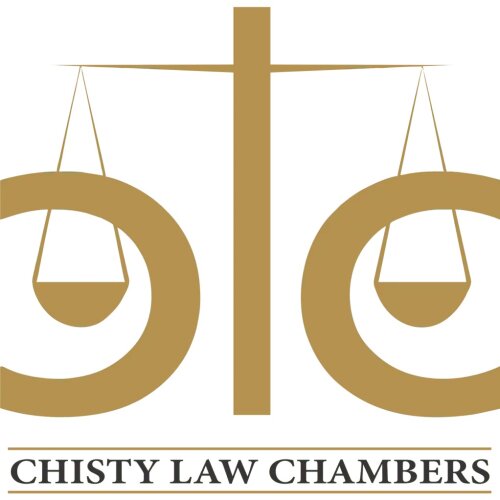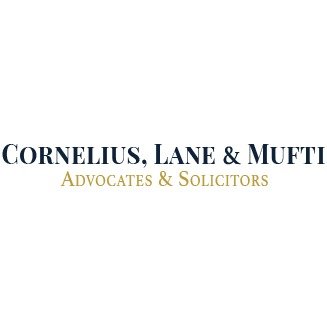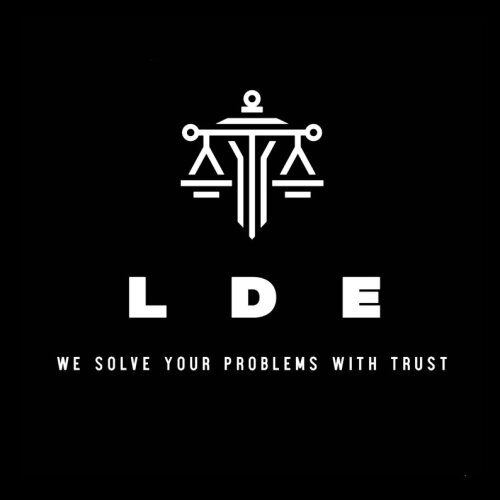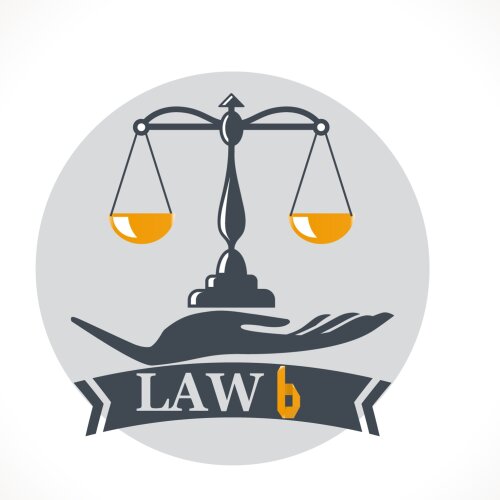Best Corporate & Commercial Lawyers in Islamabad
Share your needs with us, get contacted by law firms.
Free. Takes 2 min.
List of the best lawyers in Islamabad, Pakistan

Asif & Co. Corporate/Constitution Lawyers in Islamabad and Rawalpindi
30 minutes Free ConsultationPakistan Corporate & Commercial Legal Questions answered by Lawyers
Browse our 1 legal question about Corporate & Commercial in Pakistan and read the lawyer answers, or ask your own questions for free.
- can a forignen company do business activities with a welfare organization in Kp pakistan?
- A welfare organization in kp pakistan, crafts diffrent decoration items including hand made wooden crafted decoration pices, painting, hand art on fabric in welfare center by orphan and poor children. A forignor japnese company wants to order them to craft some decoration items for them to export to japan. what... Read more →
-
Lawyer answer by AL RUSHD Advocates, Corporate & Tax Consultants
Generally, there is no restriction on trading activities by a non-profit company. However, certain compliance requirements would apply, such as: Sales Tax Registration, POW registration, Customs formalities, and State Bank of Pakistan's forex regulations.
Read full answer
About Corporate & Commercial Law in Islamabad, Pakistan
Corporate and commercial law in Islamabad, Pakistan covers a broad field relating to the formation, regulation, and operation of companies, businesses, and commercial transactions. As the capital city, Islamabad is a hub for business activities and hosts numerous companies, local and foreign. The local legal landscape is shaped by a variety of statutes, administrative regulations, and court precedents. The Companies Act 2017, Securities Act 2015, Partnership Act 1932, and regulations from the Securities and Exchange Commission of Pakistan (SECP) are among the primary sources of corporate and commercial law. Legal requirements are subject to regular updates, so businesses and entrepreneurs often seek specialist legal assistance to ensure compliance, manage disputes, and protect their interests.
Why You May Need a Lawyer
People or businesses may require legal help in the corporate and commercial field for a range of reasons. Common situations include the registration of new companies, seeking guidance on mergers and acquisitions, drafting or reviewing legal agreements, resolving shareholder or partnership disputes, ensuring tax and regulatory compliance, and managing employment matters. Startups and foreign entities particularly benefit from legal advice to navigate complex registration and reporting requirements. A lawyer can also help with winding up and liquidation, dispute resolution, intellectual property issues, and protecting commercial rights. Sound legal advice minimizes risks and ensures that all actions comply with local laws and regulations.
Local Laws Overview
Key aspects of corporate and commercial law in Islamabad stem from several statutes and regulatory bodies. The Companies Act 2017 is the cornerstone for company registration, management, governance, and liquidation. The SECP is the main regulatory agency overseeing company filings, reporting, and compliance. For commercial transactions, a mixture of the Contract Act 1872, Sale of Goods Act 1930, and Partnership Act 1932 may apply. Taxation is governed federally by the Federal Board of Revenue (FBR). Employment relationships are regulated by the Employment of Children Act 1991, the Industrial Relations Act 2012, and related labor legislation. Foreign businesses must also observe the Foreign Exchange Regulation Act and special rules for foreign investment. Islamabad, being a Federal Capital Territory, follows federal laws but is also subject to administrative directives from local authorities.
Frequently Asked Questions
What is the process for registering a company in Islamabad?
The company registration process involves selecting a name, submitting an application with required documents to the SECP, drafting the Memorandum and Articles of Association, and paying associated fees. Once approved, a certificate of incorporation is issued.
What are the main types of business entities available in Pakistan?
Common types include sole proprietorship, partnership firm, private limited company, public limited company, and branch or liaison office for foreign companies. Each entity type has different legal and compliance requirements.
Are there legal requirements for foreign investors?
Yes, foreign investors must observe the Foreign Exchange Regulation Act, register with the Board of Investment, and fulfill SECP requirements. Additional approvals may apply in restricted or sensitive sectors.
How can commercial disputes be resolved in Islamabad?
Disputes may be settled through negotiation, mediation, arbitration, or formal litigation in civil courts. The choice depends on the nature of the dispute and the terms of contractual agreements.
What are the reporting obligations after company registration?
Companies must file annual returns, maintain proper accounts, hold annual general meetings, and submit financial statements to the SECP each year. Non-compliance can lead to penalties.
Do I need specific licenses or permits for my business?
Many businesses require specific licenses or permits depending on the sector, such as trade licenses, sector-specific approvals, or environmental clearances from relevant authorities.
What taxes apply to companies and commercial activities?
Major taxes include corporate income tax, sales tax, and withholding tax. Tax rates and requirements are set by the FBR, with additional provincial or municipal taxes possibly applying based on the business activity.
How are employment relationships regulated?
Employment is governed by federal laws, which outline rights and obligations including minimum wage, employment contracts, working hours, benefits, and dispute resolution mechanisms.
Can shareholders or directors be personally liable for company debts?
Generally, companies are separate legal entities, so shareholders and directors have limited liability. However, personal liability can arise in cases of fraud, misrepresentation, or failure to comply with statutory duties.
What should I do if I want to close or wind up my company?
Winding up can be voluntary or via court order. The process involves settlement of liabilities, distribution of assets, and filing for dissolution with the SECP. Legal advice is recommended to ensure compliance with all requirements.
Additional Resources
Several resources are available for those seeking guidance in corporate and commercial law in Islamabad:
- Securities and Exchange Commission of Pakistan (SECP): Regulatory authority for company registration and compliance - Federal Board of Revenue (FBR): Taxation and fiscal matters - Board of Investment (BOI): Assistance for foreign and local investors - Islamabad Chamber of Commerce & Industry: Business advisory and support services - Local law firms and legal aid clinics specializing in corporate matters
Next Steps
If you require legal advice or representation in corporate and commercial matters in Islamabad, it is advisable to consult a qualified corporate lawyer with local experience. Begin by outlining the specific issue or help you need, prepare all relevant documents, and schedule a meeting with the lawyer. You may contact the SECP or relevant business chamber for initial guidance. A professional can help you assess legal options, ensure compliance with Pakistani laws, and protect your business interests. Early legal intervention often prevents larger problems and ensures smoother business operations in the future.
Lawzana helps you find the best lawyers and law firms in Islamabad through a curated and pre-screened list of qualified legal professionals. Our platform offers rankings and detailed profiles of attorneys and law firms, allowing you to compare based on practice areas, including Corporate & Commercial, experience, and client feedback.
Each profile includes a description of the firm's areas of practice, client reviews, team members and partners, year of establishment, spoken languages, office locations, contact information, social media presence, and any published articles or resources. Most firms on our platform speak English and are experienced in both local and international legal matters.
Get a quote from top-rated law firms in Islamabad, Pakistan — quickly, securely, and without unnecessary hassle.
Disclaimer:
The information provided on this page is for general informational purposes only and does not constitute legal advice. While we strive to ensure the accuracy and relevance of the content, legal information may change over time, and interpretations of the law can vary. You should always consult with a qualified legal professional for advice specific to your situation.
We disclaim all liability for actions taken or not taken based on the content of this page. If you believe any information is incorrect or outdated, please contact us, and we will review and update it where appropriate.
Browse corporate & commercial law firms by service in Islamabad, Pakistan
Islamabad, Pakistan Attorneys in related practice areas.
















